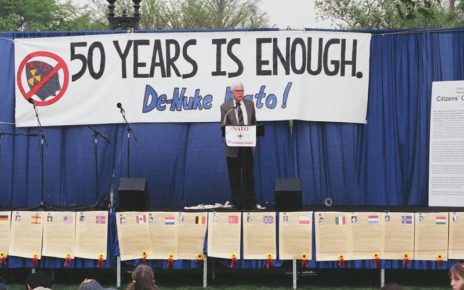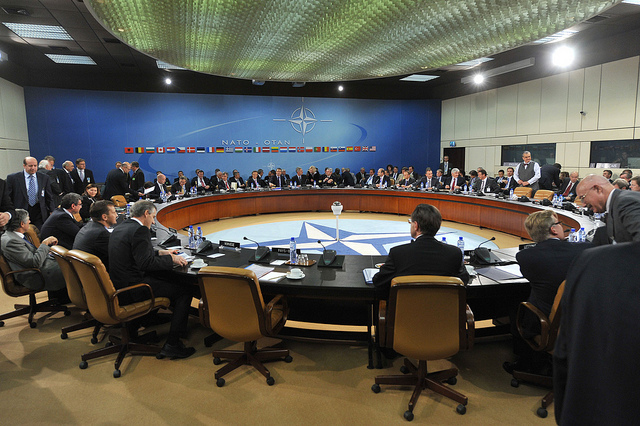The recruitment of Western citizens by terrorists groups such as the Islamic State of Iraq and Syria (ISIS) has become an increasing concern. In Canada, countless Canadian citizens are suspected of joining extremist groups abroad. This past week, two brothers from Calgary, Alberta, Colin and Gregory Gordon, who are recent converts to Islam, were recruited out of the Muslim community in Calgary to join the ranks of foreigners fighting with ISIS.
The story of the Gordon brothers is not an isolated case. ISIS and other extremist groups have successfully created a compelling narrative, compelling impressionable youths to actively respond to alleged injustices. This trend, largely encouraged by social media, has successfully allowed extremist groups to expand their network of fighters through online propaganda. Capitalizing on the global platform provided by Facebook, Twitter, and YouTube, these groups have been able to disseminate their ideologies and encourage the active engagement of sympathizers worldwide. The websites have also provided a medium for global supporters of extremism to communicate and engage with each other. Glasgow-born Aqsa Mahmood, who fled Britain to join Islamic fighters in Syria, used the pseudonym “Umm Layth,” to encourage others to commit acts of terrorism via Twitter.
Canadian officials, at present, estimate that “about 30” Canadians are suspected of involvement in terrorist related activities in Syria. Others, such as United States representative Mike Rogers, chair of the House Intelligence Committee, believes several hundred Canadians are fighting abroad. Similarly, Germany and Britain estimate that approximately 400 to 500 of their citizens have joined foreign extremist groups. The conceivable national threat that these individuals represent is a growing concern shared by most European and North American governments. In August, Michel Coulombe, director of the Canadian Security Intelligence Service, believes that there is a very real prospect that these individuals “would use their terrorist training to attempt violent acts in Canada.”
Many western countries have begun to take specific steps towards deferring citizens from joining armed terrorist groups, such as the ISIS. Australia has stated that it would spend $65 million to prevent youth from joining such groups, while sending counter-terrorism units to two of its airports. Canada has also created a specific response towards young citizens. The Canadian RCMP have developed a program for “targeted interventions” against youth who are being attracted to the extremist trend.





